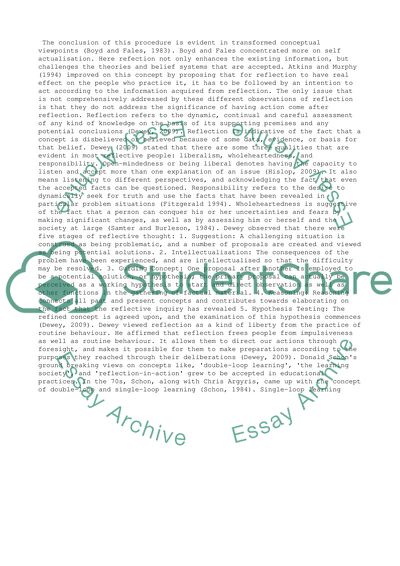Cite this document
(“Individual Reflective Summary of the Project - How the reflection has Essay”, n.d.)
Retrieved de https://studentshare.org/business/1466469-individual-reflective-summary-of-the-project-how
Retrieved de https://studentshare.org/business/1466469-individual-reflective-summary-of-the-project-how
(Individual Reflective Summary of the Project - How the Reflection Has Essay)
https://studentshare.org/business/1466469-individual-reflective-summary-of-the-project-how.
https://studentshare.org/business/1466469-individual-reflective-summary-of-the-project-how.
“Individual Reflective Summary of the Project - How the Reflection Has Essay”, n.d. https://studentshare.org/business/1466469-individual-reflective-summary-of-the-project-how.


